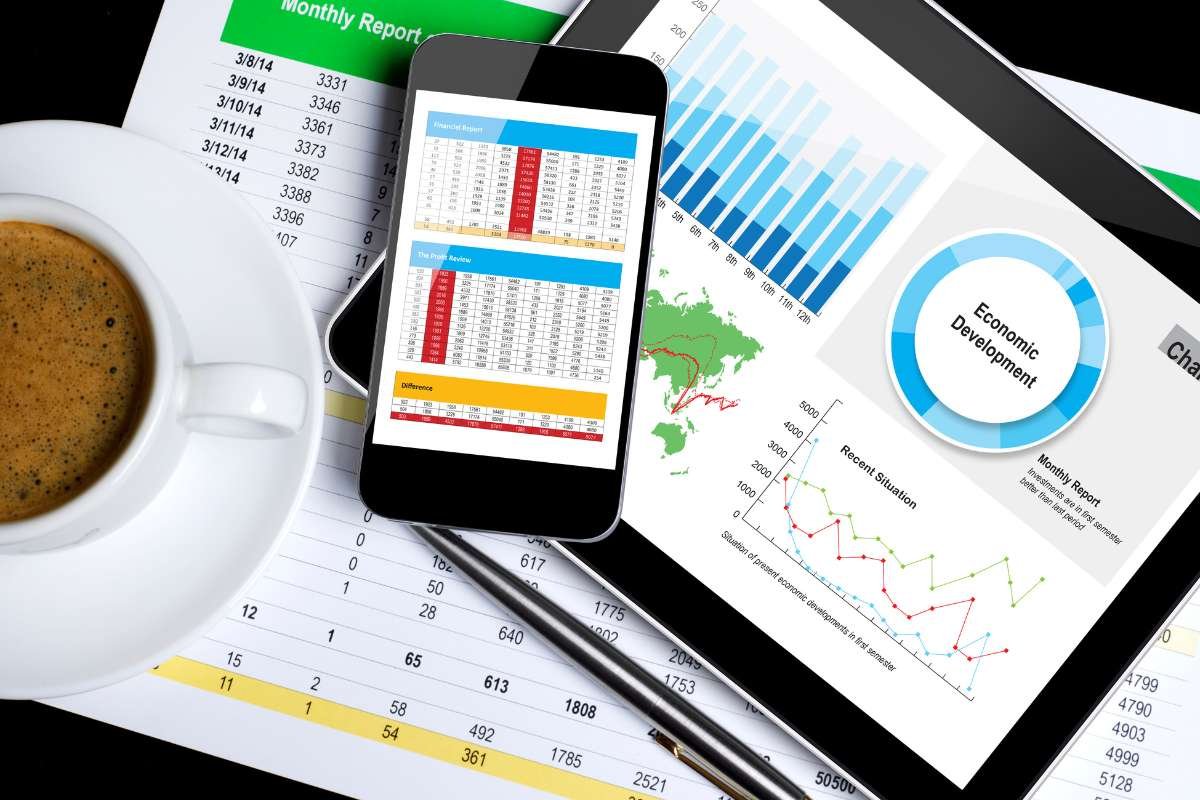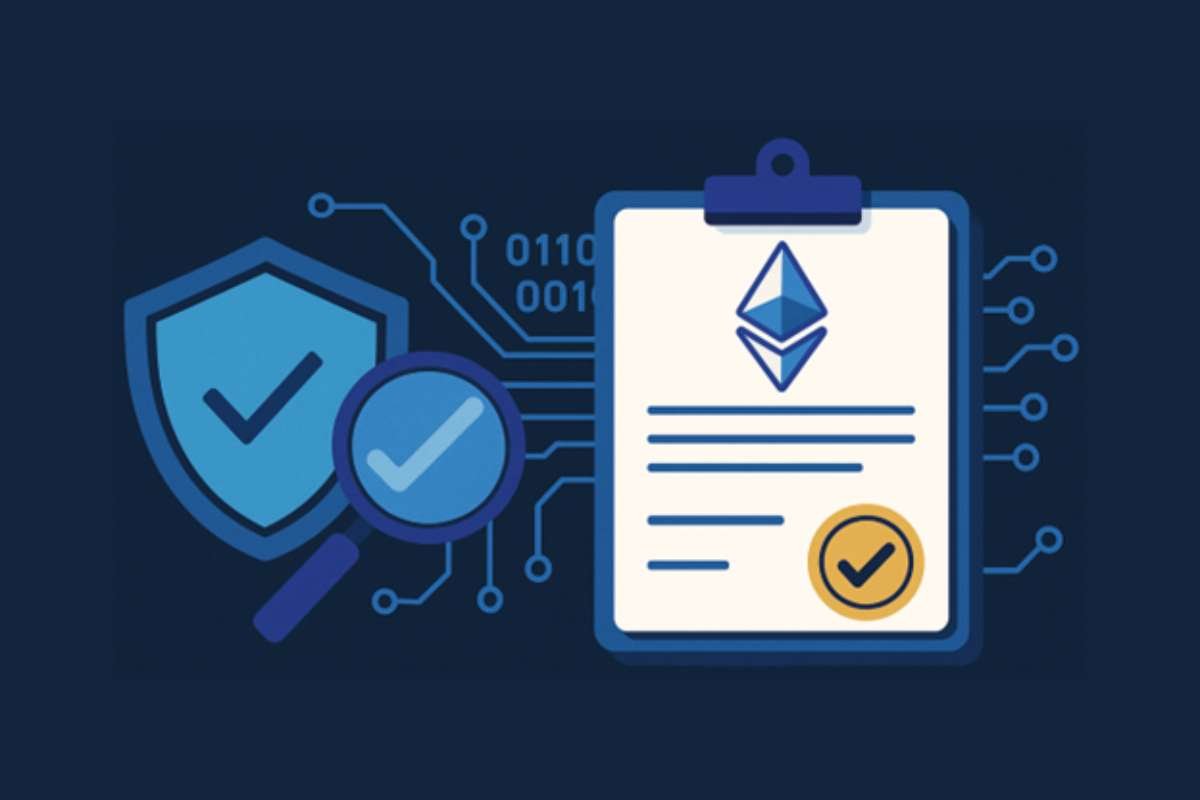The retail industry is fiercely competitive, with big chains dominating the market through economies of scale, advanced technology, and vast resources. However, growing retailers are no longer at a complete disadvantage.
Enterprise Resource Planning (ERP) systems enable small and mid-sized retailers to streamline operations, enhance efficiency, and compete effectively with industry giants. In this article, we’ll explore how ERP software helps growing retailers level the playing field.
Streamlining Inventory Management
Inventory imbalances directly impact profitability. While large chains use advanced systems, modern solutions offer comparable precision through automation and predictive analytics.
These platforms provide real-time visibility across locations with AI-driven demand forecasting and automated replenishment. Supplier integration further reduces lead times, typically cutting stockouts.
ERP software for retail operations transforms inventory management into a strategic advantage. Retailers optimize working capital while ensuring product availability – crucial for competing with established chains.
Enhancing Customer Experience
Big retailers invest heavily in customer experience, but enterprise resource planning (ERP) systems help smaller competitors deliver similar value. ERP software enables personalized promotions, seamless omnichannel service, and loyalty programs without a massive budget.
With ERP, growing retailers gain real-time insights into customer behavior, allowing targeted discounts, product recommendations, and efficient support. Automated inventory sync ensures smooth buy-online-pickup-in-store experiences, while loyalty rewards boost retention.
Ultimately, ERP democratizes retail technology, helping small retailers provide big-brand experiences. By streamlining operations and enhancing customer engagement, ERP becomes a powerful equalizer in today’s competitive market.
Improving Supply Chain Efficiency

ERP systems empower growing retailers to compete with chains by optimizing supply chains. They provide real-time inventory tracking, automated ordering, and demand forecasting, which were previously only affordable for large retailers.
The technology delivers enterprise-level capabilities like supplier performance dashboards and logistics optimization. Retailers gain 20-35% faster fulfillment and data-driven decision-making without expensive infrastructure.
Beyond efficiency, ERP creates strategic advantages like omnichannel fulfillment. Smaller retailers can now match chain store reliability, turning supply chain management into a competitive edge that boosts customer satisfaction and profitability.
Data-Driven Decision Making
Modern ERP systems transform growing retailers into data-powered enterprises. It enables decisions grounded in real-time sales analytics, customer behavior patterns, and predictive inventory trends, which were capabilities once exclusive to retail giants.
These tools eliminate guesswork by identifying profit drivers, forecasting demand surges, and optimizing dynamic pricing while precisely tracking campaign performance. The result? Reduced overstock, reliable product availability, and resource allocation that mirrors larger competitors’ efficiency.
For agile retailers, ERP-driven insights become a strategic compass, turning rapid, evidence-based decisions into measurable advantages against slower-moving chains.
Automating Financial Processes

ERP systems automate core financial tasks with precision, such as processing invoices, reconciling transactions, and calculating taxes while eliminating manual errors. AI-driven cash flow modeling and anomaly detection enhance accuracy.
The automation integrates POS, e-commerce, and supply chain data into a unified financial system. This provides real-time profitability insights by product, store, or campaign, enabling faster decisions.
For retailers, this transforms finance from back-office work to strategic advantage. Intelligent systems replace error-prone manual processes, delivering enterprise-grade financial control at scale.
Scaling Operations Seamlessly
Modern ERP systems eliminate retail scaling challenges through cloud-based agility. They unify multi-location management, automating inventory, workforce, and omnichannel operations in a single platform.
The results? 30% faster location deployment, 20% lower costs via AI-driven optimization, and real-time control across all channels. Retailers gain the flexibility to test pop-ups or enter new markets overnight.
By replacing fragmented systems with elastic infrastructure, ERP turns expansion from a logistical burden into a strategic lever. Growing retailers now scale as seamlessly as giants with precision, speed, and measurable cost advantages.
Leveraging Modern ERP Capabilities for Strategic Growth

Growing retailers can now harness enterprise resource planning systems to optimize core business processes and drive business growth. Modern cloud-based ERP solutions provide real-time data across all business functions, enabling smarter decisions and stronger supplier relationships and customer relationships.
A central database eliminates data silos, giving business owners complete visibility into inventory, sales, and finances. With real-time information, retailers can adjust pricing, manage stock levels, and improve project management without delays.
Artificial intelligence in ERP automates demand forecasting, fraud detection, and customer personalization, reducing manual effort. Unlike legacy systems with high upfront costs, modern enterprise resource planning software offers scalable pricing, lowering the total cost of ownership.
Bottom Line
ERP software helps small and mid-sized retailers compete with larger chains by optimizing inventory, improving customer experiences, streamlining supply chains, enabling data-driven decisions, automating finances, and supporting scalability. By adopting the right ERP solution, growing retailers can operate as efficiently as major players, ensuring long-term success in a competitive market.






